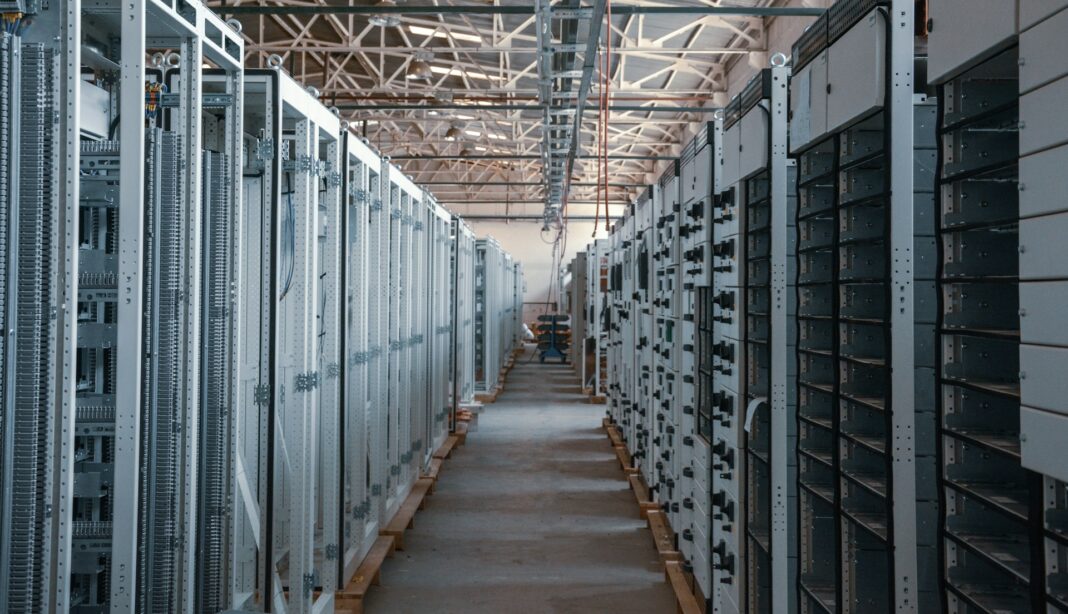What are servers? Let’s find out. Whether you are looking for a brand new server or a used and refurbished server, we’ll help you understand what these technical mysteries actually are. Servers are like essential hubs for data processing and storage. They use powerful hardware with processors, memory, and storage drives. Server software like Windows Server or Linux provides the necessary frameworks for operation. Servers come with specialised tools that can help manage resources and support communication between devices that make life that little easier. Let’s get into the ins and outs of servers.
#01 The Basics of Servers
When setting up a server, it’s important to understand the fundamental components and functions that make it operate efficiently. The first key element to think about is the hardware. Servers require robust hardware to handle the demands of processing data, managing network traffic, and storing information. Processors, memory (RAM), storage drives, and network interfaces are essential components that determine the server’s performance capabilities. Networking is another critical aspect of server setup. Configuring network settings, establishing secure connections, and optimising data transfer speeds are important for seamless communication between the server and connected devices. Understanding these basics will lay a solid foundation for setting up and maintaining a reliable server infrastructure.
#02 Server Functions Explained
To understand server functions, consider their essential roles in processing data, managing resources, and facilitating communication within a network infrastructure. Servers are pivotal components that handle various tasks to guarantee smooth operations. One key function is data processing, where servers receive, store, and retrieve data requested by users or other devices on the network. They also play an important role in managing resources efficiently, allocating computing power, storage space, and network bandwidth based on demand. Servers facilitate communication between devices by acting as intermediaries, enabling data exchange. They ensure that information flows securely and accurately across the network, enhancing collaboration and connectivity. Servers also perform tasks like hosting websites, handling email services, and supporting applications that require continuous availability and reliable performance.
#03 Types of Servers You Should Know
Let’s shift our focus to the diverse array of servers by exploring the fundamental ‘Types of Servers You Should Know. There are file servers that store and manage files accessible by network users. These servers facilitate file sharing and data storage within organisations. Web servers are essential for hosting websites and delivering web content to users over the internet. They respond to requests from web browsers and serve web pages efficiently. Another important type is the database server, which manages database queries and data storage. These servers handle data retrieval, updates, and other database operations. Mail servers, on the other hand, manage email communication, storing, sending, and receiving emails across networks.
#04 Importance of Servers in Networking
Servers play a huge role in networking by serving as centralised hubs for managing and distributing data and services across connected devices. They’re essential for ensuring smooth communication and efficient operations within a network. Here are some key reasons highlighting the importance of servers in networking:
Centralised Data Storage: Servers enable centralised storage of data, making it easier for users to access and share information securely.
Resource Sharing: Servers allow for the sharing of resources such as printers, files, and applications among multiple devices on the network, promoting collaboration and productivity.
Security and Access Control: Servers play a critical role in implementing security measures and access controls to protect sensitive data and regulate user permissions within the network.
Servers act as the backbone of a network, facilitating seamless communication, resource sharing, and data management among connected devices. Their significance lies in optimising network performance and ensuring reliable access to resources for users.
#05 Server Maintenance Best Practices
What are servers? Once you understand that, it’s only the start as you need to know how to keep those servers alive and well. Maintaining servers in prime condition is essential for guaranteeing the smooth operation and longevity of a network. Regularly updating software is important to patch security vulnerabilities and enhance performance. Implementing a backup system ensures data integrity and quick recovery in case of failures. Monitoring server health metrics, such as CPU usage and disk space, helps in identifying potential issues before they escalate. Conducting routine maintenance tasks like clearing temporary files and optimising configurations can prevent slowdowns and downtime. Training staff on best practices for server maintenance promotes a proactive approach to handling issues. By following these practices diligently, you can minimise disruptions, enhance security, and prolong the lifespan of your servers, ultimately benefiting your network’s overall efficiency and reliability.
Conclusion
What are servers? In summary, servers play a significant role in networking by storing, managing, and sharing data across devices. Understanding the basics of servers, their functions, types, and importance in networking is essential for maintaining a smooth and efficient system. By following server maintenance best practices, you can guarantee excellent performance and reliability for your network. So, keep these key points in mind to maximise your server setup.



